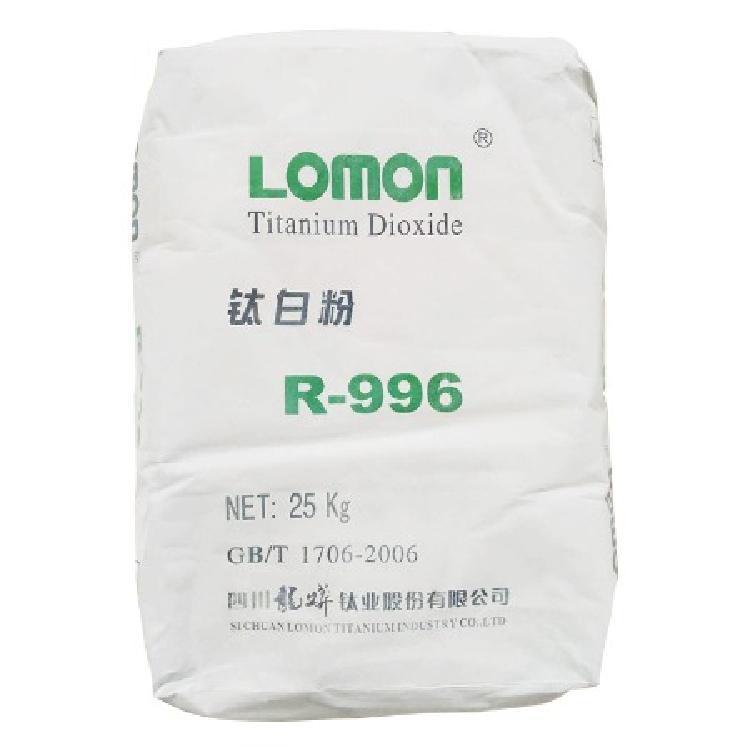The global demand for lithopone has been steadily increasing in recent years, driven by the growth of the construction, automotive, and electronics industries
...
2025-08-16 18:43
505

